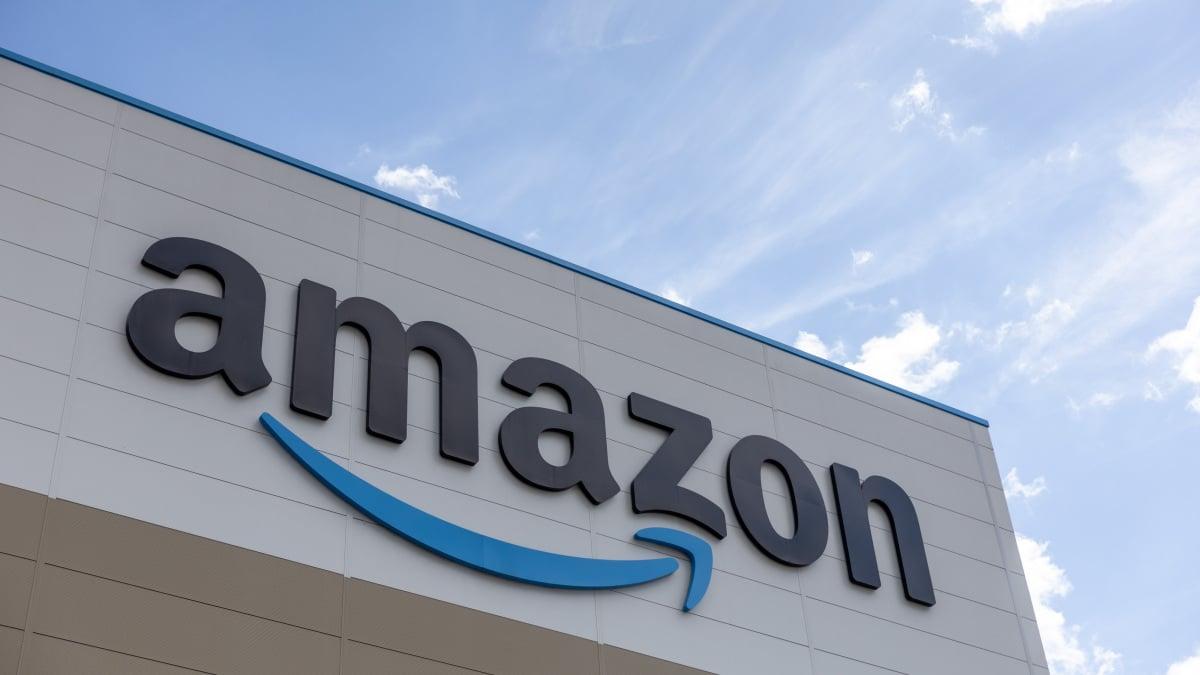The highest court in the land has declined to hear a case brought up from the lower circuit courts early this year involving online retail giant Amazon and its protections under Section 230.
Amazon was sued by Planet Green Cartridges, a U.S. re-manufacturer of printer cartridges, for allowing third- party companies to advertise and sell falsely labelled products claiming to be re-manufactured or recycled. Re-manufacturing is considered a more sustainable manufacturing process, reducing raw material and energy consumption by restoring products to manufacturer standards.
Planet Green Cartridges sought $500 million in third-party liability damages from Amazon based on the recommendation of greenwashed products. The lawsuit argued that Amazon's algorithm promoted listings that falsely advertised new, imported cartridges, raking in $3 billion in sales and creating unfair competition among sellers as customers were deceived by false advertising into purchasing less sustainable products.
Mashable Light Speed
Amazon's counterargument hinged on online merchandiser protections outlined in Section 230 of the 1996 Communications Decency Act, which protects internet service hosts from government regulation and shields them from legal liability for the content their users post. It is considered by many to be a tentpole of a free and open internet.
Following several conflicting lower court decisions, the case was dismissed by the 9th Circuit court in March, stating that Amazon couldn't be held liable for the claims written by third-party sellers. Planet Green Cartridges then petitioned the U.S. Supreme Court to hear the case and clarify whether Section 230 protections extend to online marketplaces that also profit from the recommendation, promotion, or distribution of products on their website — as Amazon does — in addition to hosting the listings.
Section 230 and online censorship have become hot button topics in the U.S., especially as social media platforms have mostly backed off from content moderation. Increasingly powerful, AI-enhanced algorithms have complicated the matter. In 2023, the U.S. Supreme Court heard two Section 230 cases brought against YouTube and Twitter (now X), which argued the social media companies should be held accountable for aiding and abetting terrorism through their algorithmic feeds. The court dismissed the complaint against Google, YouTube's parent company, and ruled in favor of Twitter's Section 230 protections.



